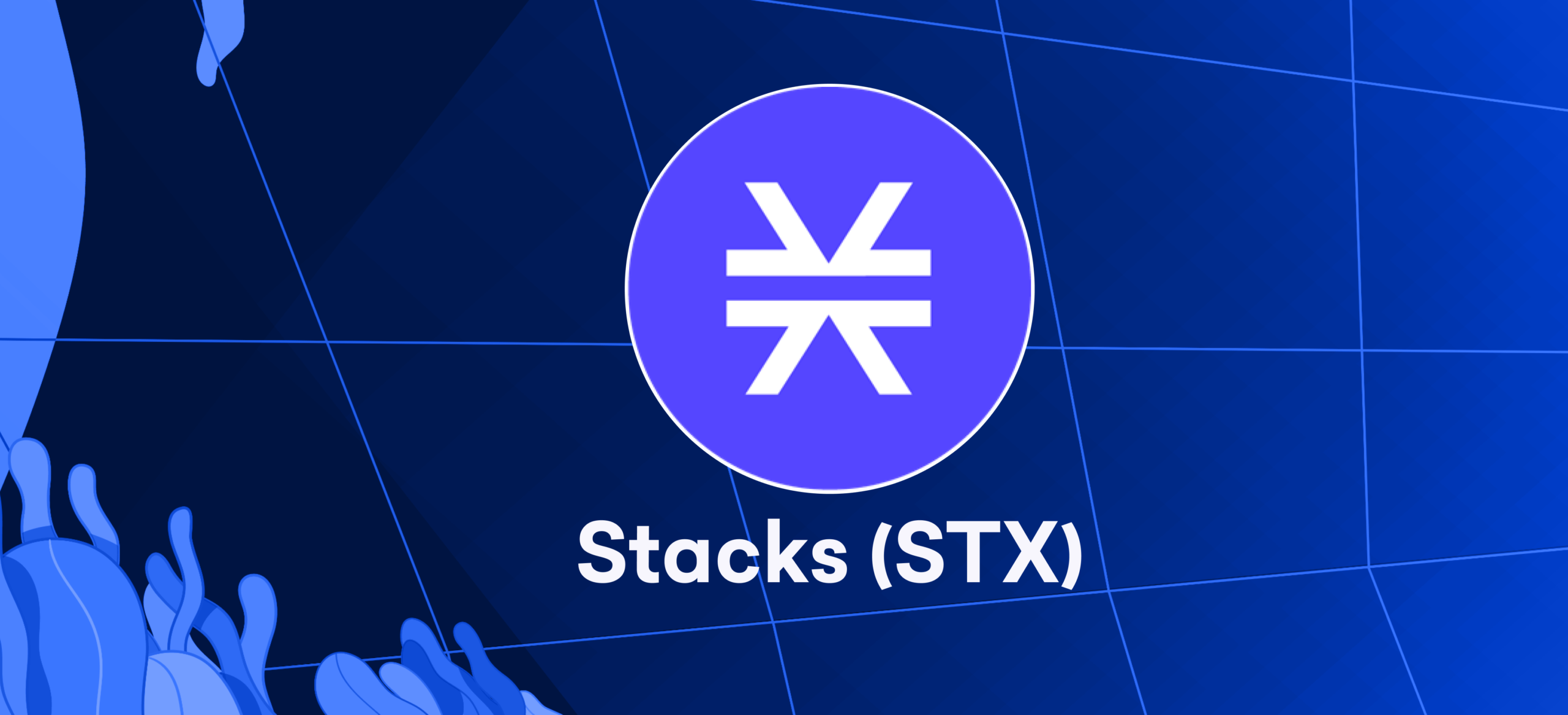Internet Computer (ICP): Decentralizing the Web

What is the Internet Computer (ICP)?
The Internet Computer (ICP) comprises a set of protocols that enable independent data centres worldwide to unite and offer a decentralized alternative to the current centralized Internet cloud providers. The ICP token facilitates governance, rewards network participants for positive behaviour, and pays transaction fees.
More Than Digital Money
Like many cryptocurrency projects, the Internet Computer Protocol (ICP) extends beyond functioning as digital money. The tradable ICP token on exchanges like Coinbase represents just one component of a much broader concept.
A Decentralized Internet and Global Computing System
ICP’s fundamental idea revolves around creating a new decentralized internet and global computing system. This system would enable independent data centres worldwide to join forces and establish an alternative to the cloud services (from companies like Amazon Web Services and Google Cloud) that power most of the Internet. ICP aims to have the protocol running on millions of computers globally.
Advantages Of Centralized Alternatives
ICP developers claim that the resulting network offers key advantages over centralized alternatives. Firstly, it operates via open standards and avoids conflicts of interest when a major cloud-computing provider hosts products that compete with its services.
The Origins of ICP
Originally named DFINITY, ICP’s global and distributed network of data centres can run all applications accessible via traditional Internet standards, such as DNS (the domain name system used by web browsers and smartphones).
Uses of the ICP Token
The ICP token serves several major purposes:
1. It acts as a governance token, allowing holders to “lock” some of their ICP into the network in exchange for having a say in the future development of the ICP protocol.
2. The network rewards participating data centres for good behaviour with ICP tokens.
3. ICP tokens are used to pay transaction fees on the network.
How does ICP work?
The Internet landscape today centralizes power in the hands of a few big tech firms. Popular web applications often remain closed-source, proprietary, and hosted on several corporate data centres. A single critical data centre failure can shut down huge swathes of the web. Privacy advocates particularly worry that centralized, corporate web services providers wield the ability to censor or deplatform applications.
Furthermore, the Internet Computer attempts to provide a fundamental decentralized alternative for developers to build, host, and serve applications directly on the public Internet. It aims to incentivize open-source and transparent software development practices.
As the MIT Technology Review profile explains, “Instead of running on a dedicated server like Google Cloud, the software would have no fixed physical address, moving between independent data centres worldwide.”
Moreover, ICP can be viewed as converting crypto into processing power. The network will establish fees based on a developer’s project’s computing needs. If the fee is paid, the website will run on the public Internet.
In theory, developers can create and run any application on the Internet Computer—from social networks like LinkedIn and TikTok to software mirroring today’s familiar apps to entirely new application concepts. As a demonstration, ICP developers published CanCan’s open-source code, describing it as a “decentralized TikTok.”
What hazards may the Internet Computer face?
The Internet Computer project could face significant challenges in maintaining its ethos of decentralization due to robust hardware requirements for participation. Rigorous specifications demand immense computing power and storage capacity that only major corporations or highly capitalized entities possess the resources to fulfil.
Establishing the large-scale data centres needed to run nodes on the network presents an obstacle that could severely limit the number of potential operators. This dynamic threatens to concentrate control and influence among a small group of powerful players, violating core principles of decentralization.
Furthermore, complex questions arise around accountability for hosting illegal, abusive or harmful content in a truly decentralized network structure with no centralized authority. Today’s internet corporations employ content moderation policies and teams to enforce their terms of service, however imperfectly. But they also wield unilateral power to remove users or content from their platforms arbitrarily.
An ideal decentralized web would implement a governance model to allow the collective network to address these issues through transparent, community-driven policies and enforcement mechanisms. Striking the right balance between open access and reasonable guardrails represents a monumental challenge.
Moreover, the Internet Computer initiative is not alone in its ambitions to reinvent Internet architecture through decentralization. Other prominent projects taking on this vision include the InterPlanetary File System (IPFS) and Filecoin, as well as MIT’s Solid platform created by World Wide Web inventor Sir Tim Berners-Lee. Each of these efforts faces a similar problem – realizing the benefits of disintermediating rent-seeking corporate gatekeepers while avoiding a descent into a lawless wasteland. Only robust governance frameworks can hope to thread this needle successfully.
Who created the Internet Computer?
A nonprofit organization called the DFINITY Foundation built the Internet Computer. In 2016, a developer named Dominic Williams started this foundation to research and develop the Internet Computer. After years of dedicated research, the DFINITY Foundation officially launched the Internet Computer in May 2021.
Furthermore, the DFINITY Foundation devotes itself entirely to the Internet Computer project. Researchers from all around the world contribute their efforts and expertise to the foundation’s work. Notably, cryptographers holding an impressive combined total of around 100,000 academic citations and 200 patents participate in progressing the Internet Computer.
The DFINITY Foundation pioneers innovative technology through the Internet Computer. Dominic Williams founded and guided this nonprofit foundation. Researchers worldwide, including highly accomplished cryptographers, collaborate with the DFINITY Foundation on developing the Internet Computer’s groundbreaking capabilities.
Pros and Cons
Pros:
- Decentralization
Open Standards
Censorship Resistance
Global Accessibility
Innovative Applications
Cons:
- High Hardware Requirements
Governance Challenges
Adoption Hurdles
Security Concerns
Scalability Questions
FAQ:
What is the Internet Computer (ICP)?
It is a decentralized alternative to centralized Internet and cloud computing services.
How does ICP work?
It allows independent data centres worldwide to unite and host applications on a public internet network.
What is the purpose of the ICP token?
It facilitates governance, rewards participants, and pays transaction fees.
Who created the Internet Computer?
The nonprofit DFINITY Foundation, led by Dominic Williams.
What are the advantages of ICP over centralized services?
Open standards, avoiding conflicts of interest, and resistance to censorship.
What are the potential challenges for ICP?
High hardware requirements, governance issues, adoption hurdles, security concerns, and scalability questions.
Can ICP host any application?
In theory, yes, from social networks to new application concepts.
How does ICP compare to other decentralized internet projects?
It shares similar goals but faces challenges around governance and maintaining true decentralization.
Conclusion
The Internet Computer envisions a bold reinvention of Internet architecture through decentralization, aiming to upend the dominance of tech giants and centralized cloud services. With the ICP token facilitating governance, incentives, and transactions, this blockchain-based platform enables a global network of data centres to host applications and services collectively.
However, it confronts imposing challenges – stringent hardware demands risking centralization of power, complex content governance issues, formidable adoption barriers against incumbents, security vulnerabilities inherent to decentralized networks, and scalability questions. Surmounting these obstacles through innovative solutions and robust governance frameworks will prove critical for the Internet Computer and similar initiatives to realize the promise of an open, censorship-resistant decentralized web.
Related Reading | Cryptocurrency Tax 101: A Novice’s Handbook for Navigating Crypto Tax Obligations








